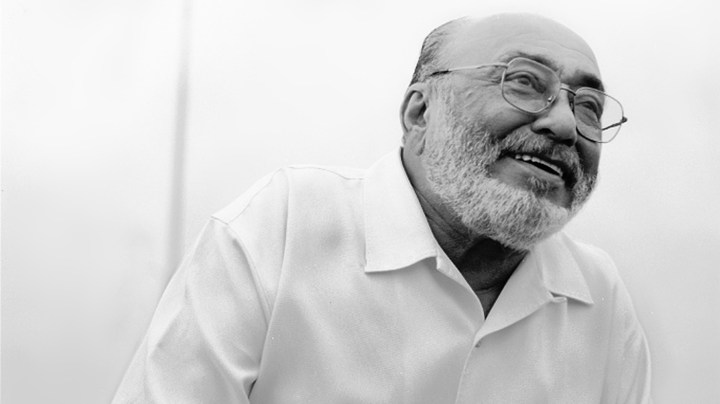1
Jeremy Bosch, Puerto Rican composer and vocalist
“I would say that Palmieri’s legacy influenced my music and my career greatly, as a composer, arranger, pianist and icon in Latin music, not only in salsa, but in jazz and world music. I think it’s safe to say that he is one of the ‘Last of the Mohicans,’ in the sense that he was there before [salsa] started, during its development, and even after many of the legends that were [his contemporaries] passed away, he continues to perform and dazzle audiences around the world with his music. Some call it the heavy metal of salsa, because of his uniquely aggressive sound.
I was in Puerto Rico and I went to his concert at the Coliseo Roberto Clemente. It was enlightening and unforgettable. I still remember everything about that concert. I was a young, ambitious, teenage musician watching some of his favorite singers perform their greatest hits with Palmieri. La India, Lalo Rodriguez, Herman Olivera, and the recently deceased, late, great Fania All-Star member Ismael Quintana. Funny enough, I just saw Palmieri and his band in Puerto Rico two months ago at the Dia Nacional De La Salsa. It was dedicated to him!
[Back then], I believe that the process of production was way more raw, collective, and specific in terms of the search for a sound. Each band in that era (i.e. Sonora Ponceña, Ray Barretto, Roberto Roena, Ismael Rivera, Gran Combo, etc.) had a very specific sound. Eddie Palmieri was no exception.”
